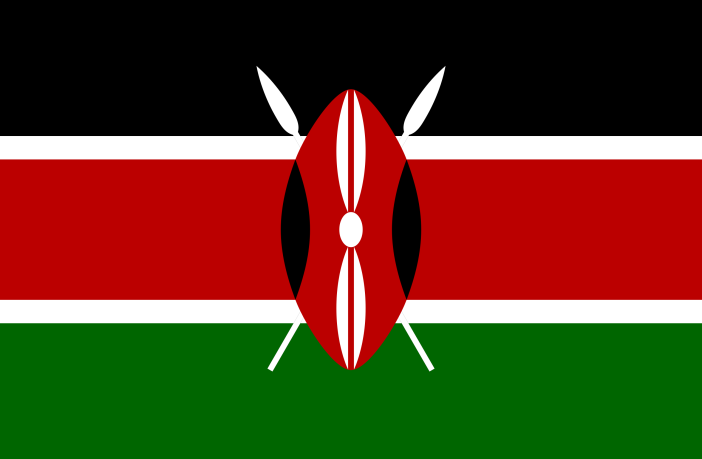- Enterprises in Kenya encompass a diverse and dynamic landscape, representing a crucial driver of economic growth and employment opportunities in the country.
- Small and medium-sized enterprises (SMEs) play a pivotal role, contributing significantly to the nation’s gross domestic product (GDP) and accounting for 90 percent of the labour force.
Enterprises must scale their climate action to meet Kenya’s climate mitigation and adaptation goals. However, the lack of funding has limited their contribution to the climate agenda. Debt constitutes most of enterprises’ funding, but the price of debt remains very high and loan tenors are short. The availability of patient capital, including private equity, is also low.
Carbon markets can be an important vehicle to support an enterprise’s climate action. Crucially, carbon markets function as a source of non-debt, results-based financing that does not require prior assets or collateral, potentially enabling enterprises in Kenya that struggle to access other sources of climate finance to grow. Despite this potential and the government of Kenya’s commitment to scale carbon markets, Kenya’s participation in international carbon markets remains concentrated, with most credits issued by a handful of developers. Many enterprises also have limited understanding on how they should develop and monetize carbon credits. The purpose of this guidebook is therefore to provide practical step-by-step guidance to help enterprises navigate the complex and fast-evolving landscape of carbon markets.
Link to download the report HERE
Source: World Bank















